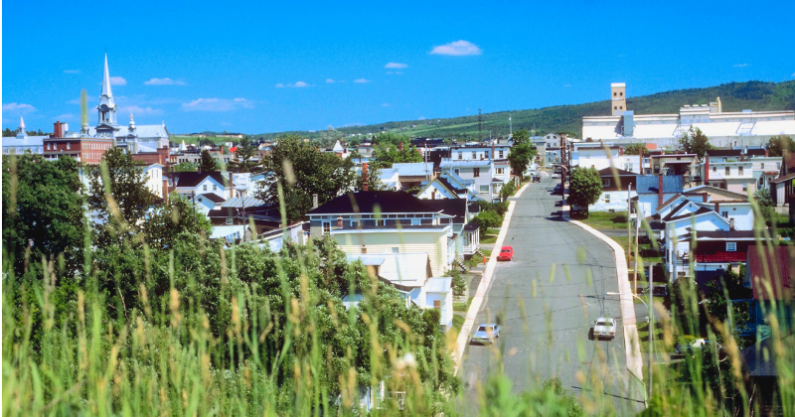Over 2/3 of immigrants to Canada settle in big cities, and Canada's rural communities are "desperate for workers," said Immigration minister Ahmed Hussen, and are relying on large employers to stay:
"People don't realize just how much the rural economy needs immigration," Hussen said. He has spoken to rural employers desperate for workers, some of whom are turning away multimillion-dollar contracts because of a lack of skilled labour.
Workers in rural Canada dropped by 23% from 2001 to 2016 while retirees increased by 40%. IRCC's new Rural and Northern Immigration Pilot, a 5-year program designed to help small rural and remote communities attract foreign workers and provide them with a path to permanent residence. The program will allow rural employers to recruit and choose skilled immigrants they recommend to IRCC and want to hire in their businesses, and will give immigrants the choice from these 11 communities to make their permanent residence.
Rural communities employ over four million Canadians and account for almost 30% of the national GDP, according to IRCC, and have been investing in settlement and integration supports for newcomers to make their towns more attractive to immigrants looking for permanent homes in Canada.
The 11 selected pilot communities chosen from the applicants were announced by Hussen on June 14:
- Ontario
- Thunder Bay
- Sault-Ste-Marie
- Sudbury
- Timmins
- North Bay
- Manitoba
- Gretna-Rhineland-Altona-Plum Coulee
- Brandon
- Saskatchewan
- Moose Jaw
- Alberta
- Claresholm
- British Columbia
- West Kootenay
- Vernon
IRCC will announce eligibility criteria and begin accepting applications from eligible Rural and Northern Immigration Pilot permanent resident applicants for middle-class jobs in the fall of 2019 and newcomers are expected to begin arriving under the RNIP in 2020.
Contact an immigration professional to discuss how to immigrate to Canada under the Rural and Northern Immigration Pilot and other immigration options.








